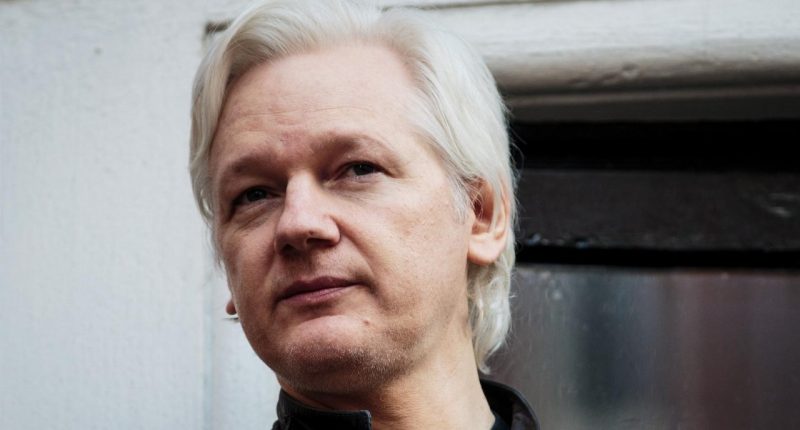- Australian WikiLeaks founder Julian Assange appeared in a United Kingdom court this week to fight against a United States extradition request
- Julian is set to face American prosecutors on account of 18 espionage and computer misuse charges, adding up to 175 years in prison
- The charges are related to 2010 U.S. military leaks to Wikileaks, which included footage an Apache helicopter attack on civilians in 2007
- Julian’s supporters say his prosecution is an attack on press freedom
- He avoided arrest for almost a decade by seeking refuge in the Ecuadorian Embassy, from which he was evicted in April 2019
Australian WikiLeaks founder Julian Assange appeared in a United Kingdom court this week to fight against a United States extradition request.
American prosecutors want Julian to stand trial in the States for spying charges over the publication of confidential U.S. military documents.
He has been indicted on 18 espionage and computer misuse charges that add up to a maximum sentence of 175 years in prison.
Julian’s lawyer requested that a British judge ignore fresh June indictments which didn’t introduce any new charges but added claims that Julian recruited hackers from Europe and Asia to help him leak classific U.S. government information.
The judge rejected the request despite Julian’s lawyer saying it was “impossible” for the legal team to prepare a case against the new allegations in time for Monday’s hearing. This mean’s Julian will have to front court next week.
According to the judge, Julian’s team was offered the chance to postpone the hearing in August but declined to do so.
Julian has formally refused the United States extradition request, continuing his legal struggle which has been going on for a decade.
Military leaks
Though founded in 2006, WikiLeaks gained international attention in 2010 when it published classified military documents provided by U.S. Army intelligence analyst Chelsea Manning, born Bradley Manning.
Among the leaked documents was footage from 2007 of a U.S. Apache helicopter attack in Baghdad that killed 11 people, including two Reuters journalists.
Though the leaks made Julian a U.S. criminal, many people have expressed their support, calling Julian’s prosecution a threat to press freedom.
Among Julian’s supporters is fashion designer Vivienne Westwood, who helped organise a protest outside of the courthouse this week to urge the judge to rule in favour of Julian and his legal team.
“Julian Assange is the trigger, he is the shining light on all the corruption in the world,” Vivienne said.
Join Vivienne at the protest on Monday 9am at Old Bailey, EC4M 7EH London. #freejulianassange pic.twitter.com/XI8n66nh58
— Vivienne Westwood (@FollowWestwood) September 6, 2020
Journalism organisations and human rights groups have argued that Julian is entitled to First Amendment protection because the documents he leaked exposed U.S. military wrongdoing.
Julian has spent the past 16 months in a U.K. prison after avoiding arrest for nine years by seeking refuge in the Ecuadorian Embassy.
He was evicted from the embassy in April 2019, after which British police immediately arrested him.
He was also wanted by Swedish police for alleged sexual assault charges in 2010. The charges were dropped in November 2019.







